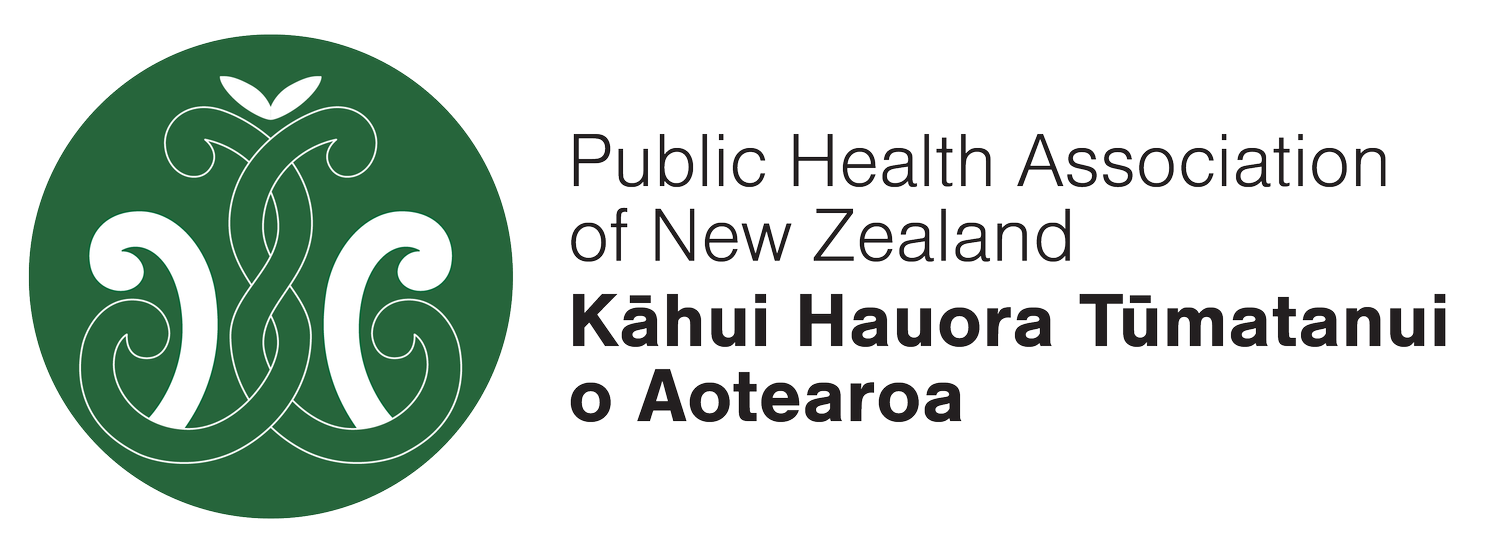Protecting Our Whānau: A Call to Action on Sexual Health
Author: Tom Naves and MArk Fisher, Body Positive Inc.
Late diagnoses of HIV and syphilis are increasing, a trend that poses significant public health challenges in Aotearoa New Zealand. These delays in testing are leading to serious health consequences, including AIDS. The situation is particularly urgent for Māori and Pasifika communities, who are disproportionately affected by HIV/AIDS and other sexually transmitted infections (STIs). We must act now to reverse this trend and protect our communities.
The Urgent Need for Action
The statistics are a stark reminder of the challenges we face. In 2024, nearly 30% of new HIV cases in New Zealand were diagnosed at the same time as an AIDS diagnosis. The data from the University of Otago's Epidemiology Group shows that among Māori and Pasifika, an alarming 56% of new HIV cases were already at the AIDS stage when detected. This indicates people are not getting tested until their health has already significantly deteriorated. Undiagnosed syphilis also poses serious risks, especially for babies, with Māori and Pasifika overrepresented in perinatal syphilis statistics. These preventable outcomes are unacceptable. The fact that two babies were born with HIV in 2024 (the first cases in almost 20 years) highlights a failure to prioritize testing.
The issue extends beyond our borders. Our Pacific neighbours, like Fiji, have seen a staggering 3,049% increase in HIV notifications since 2010. Australia has also recently declared syphilis a communicable disease of national significance. This should serve as a wake-up call for us to take proactive measures.
Testing Is a Community-Wide Responsibility
Sexual health testing is not just a personal matter; it's a collective responsibility to protect our whānau and communities. We need to normalize sexual health checks and treat them as an essential part of overall well-being. For many, sexual health is a taboo subject, and fear of judgment or discrimination can prevent people from getting tested. However, sex is a normal part of life, and so is getting a sexual health check.
Early detection is crucial for several reasons. It enables effective treatment, prevents severe health impacts, helps avoid long-term complications, and, most importantly, reduces community transmission. While there's still no cure for HIV, modern treatment allows people to live long, healthy lives with as little as one pill a day. When on effective treatment, most people achieve an undetectable viral load, meaning the virus cannot be transmitted to sexual partners—a concept known as 'undetectable equals untransmittable' (U=U). Syphilis is also easily detected and treated with antibiotics, but if left untreated, it can lead to severe complications.
A Call to Action
It's clear that we must change our approach. The current figures indicate that New Zealand is not on track to meet the goal of eliminating community transmission of HIV by 2030. This is a failure we cannot afford.
Here's how we can all contribute:
Make testing a priority: Everyone who has ever had sex should have a sexual health check, especially those who have never been tested before. Testing is the only way to confirm an STI is present.
Empower our communities: We must create safe, non-judgmental spaces for discussions about sexual health. This includes promoting education within whānau and community groups to destigmatise testing.
Advocate for accessible services: We need to ensure that sexual health services are culturally appropriate, easily accessible, and free from barriers for Māori and Pasifika communities.
By prioritising sexual health checks, we can protect our whānau, reduce transmission, and ensure a healthier future for all. Let's work together to make this a reality.


